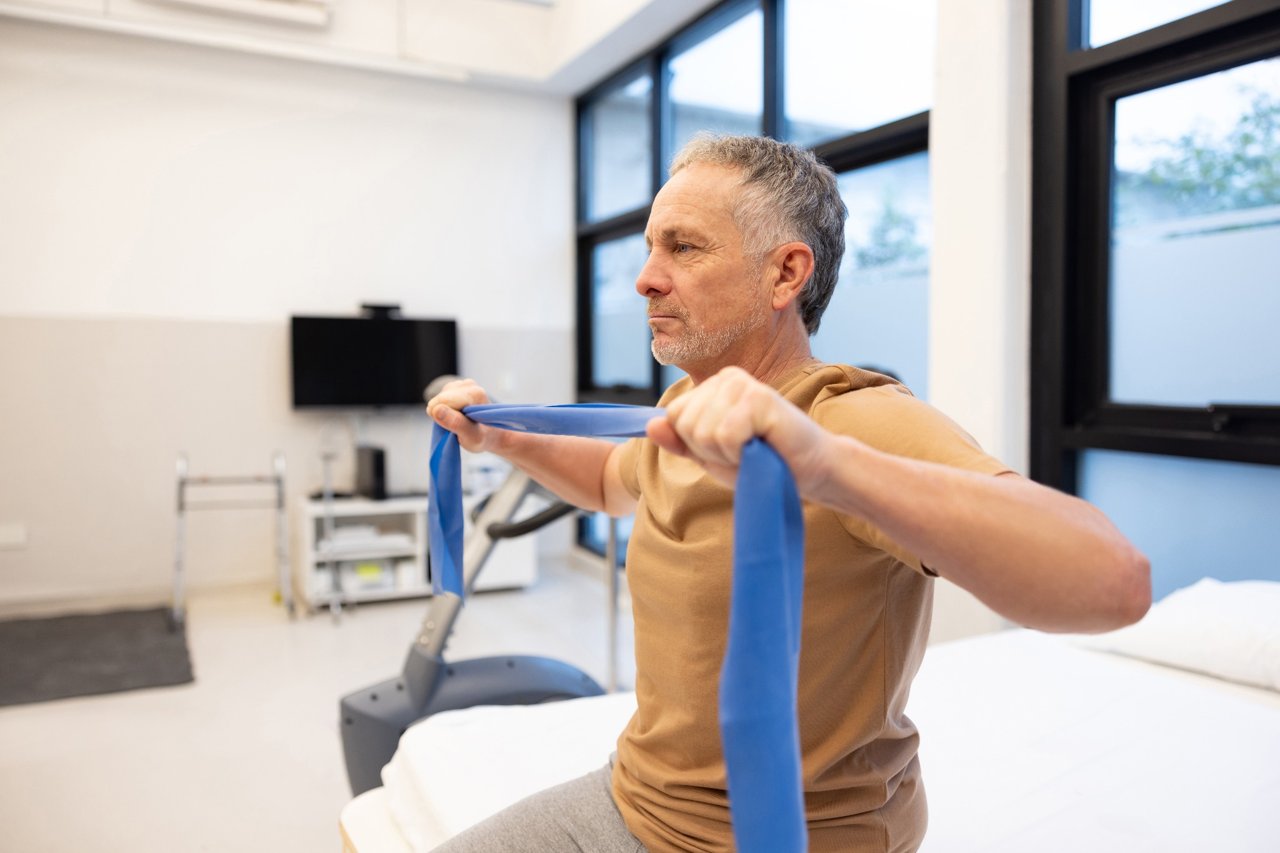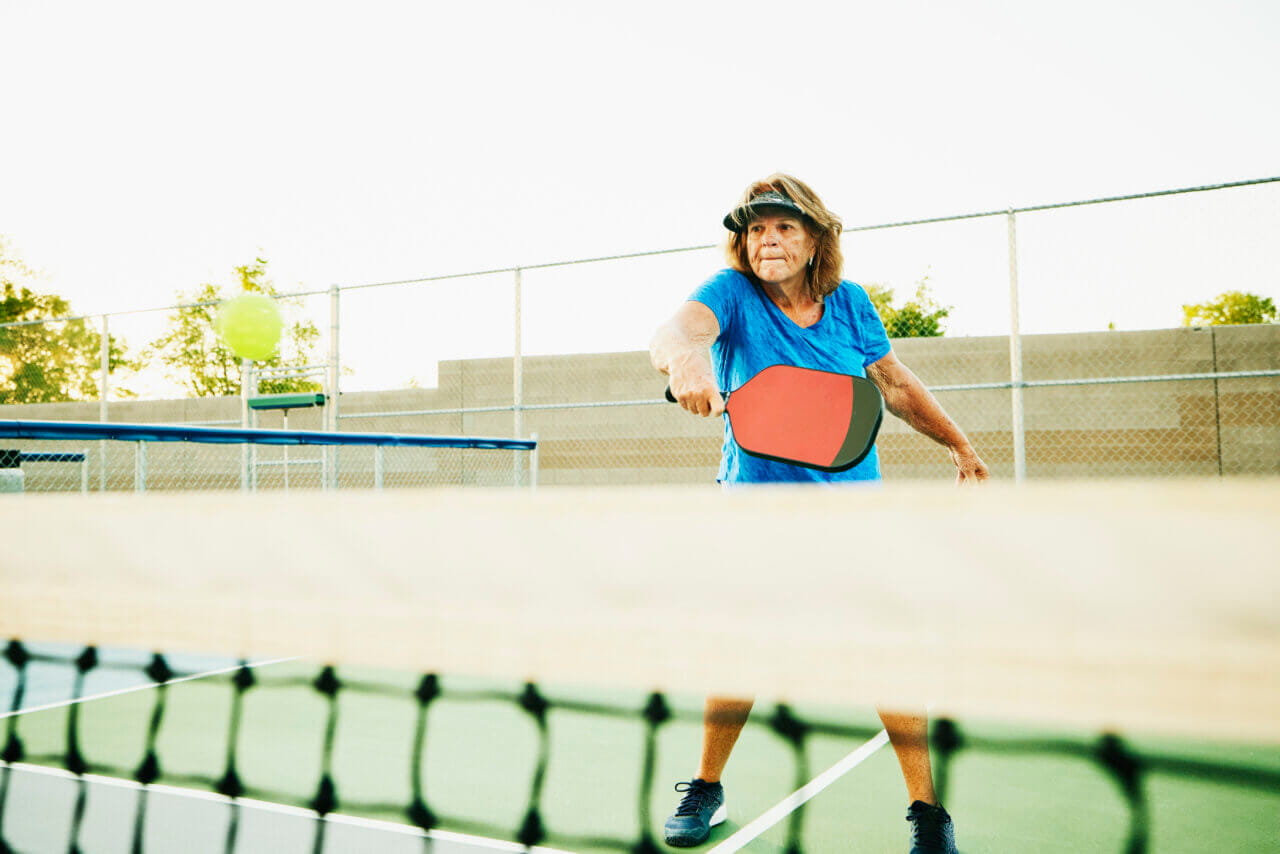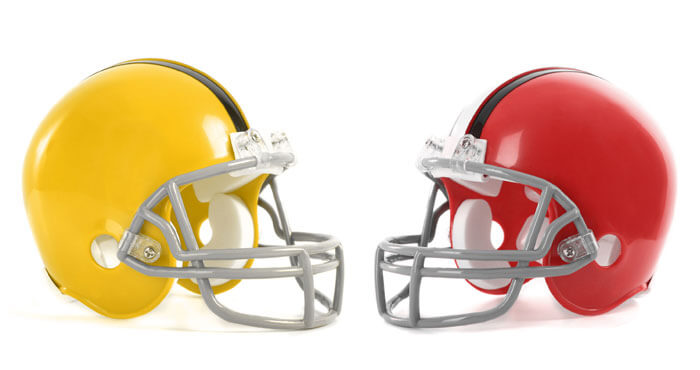Recovery Strategies for Rotator Cuff Injuries in Pickleball Players

Playing pickleball involves hitting the ball from many positions, including reaching overhead to make shots. The combination of that overhead position and the significant force often required to make an effective shot can stress the group of shoulder muscles called the rotator cuff.
This article explains rotator cuff injuries and how to recover from them.
Understanding Rotator Cuff Injuries
The four rotator cuff muscles surround the shoulder joint, helping keep the head of the upper arm bone in the socket. Repetitive motions can irritate these muscles, their tendons and a fluid-filled sac called the bursa that cushions the shoulder joint. Rotator cuff injuries stemming from this irritation include:
- Rotator cuff tendonitis
- Shoulder impingement
- Bursitis
Rotator cuff tendonitis is a painful inflammation of those tendons. Shoulder impingement is when the bursa and rotator cuff tendons get pinched or compressed, causing pain and limiting movement, especially over the shoulder. Bursitis occurs when these sacs become inflamed.
Chronic stress can also weaken the rotator cuff tendons, making them more susceptible to tearing.
Rotator cuff injuries are common in sports that involve powerful arm movements, especially above the shoulder, including pickleball, tennis, baseball, football, swimming and volleyball. They also affect people in professions like carpentry and painting. The risk of rotator cuff injuries increases with age.
Symptoms of Rotator Cuff Injuries
Rotator cuff injuries cause symptoms that include:
- Dull or stabbing shoulder pain.
- Sleep disturbed by shoulder pain.
- Arm weakness or trouble lifting objects.
- Trouble reaching specific arm positions.
- Cracking or popping sound in the shoulder.
Symptoms can vary significantly based on the extent of the injury. Some rotator cuff injuries don’t cause pain.
How to Treat Pickleball-Related Rotator Cuff Injuries
Severe rotator cuff injuries, like significant tears, can require surgery. Minor injuries typically respond well to non-surgical treatments. Also called conservative treatments, they are similar across the various types of rotator cuff injuries and include:
Rest and Activity Modification
It’s a good idea to pause your pickleball routine at the first sign of rotator cuff issues. Resting gives your body time to repair the damaged tissue and reduce the swelling.
Ice and Heat
Icing your shoulder helps reduce the swelling and pain, especially if you have tendonitis or bursitis. Later, applying heat helps relax tense muscles and increase blood flow to the region to support healing.
Pain Medication
Taking over-the-counter nonsteroidal anti-inflammatory drugs (NSAIDs) like ibuprofen (Advil, Motrin) and naproxen (Aleve) helps reduce pain and inflammation.
Physical Therapy
A physical therapist can create a treatment plan focused on improving your flexibility, strengthening your rotator cuff muscles and improving your posture and movement patterns to reduce stress on your shoulder.
Corticosteroid Injections
Injections into the space around the rotator cuff can provide significant temporary relief from pain and inflammation. Healthcare providers use corticosteroid injections cautiously, as repeated injections can lead to weakening of the rotator cuff tendons.
Picklers: Get Help With Rotator Cuff Injuries From Baptist Health
If you experience a significant rotator cuff injury or a minor one that doesn’t resolve with home care, talk with your healthcare provider. They can do a physical exam and order imaging if necessary to diagnose your condition and prescribe treatment to help you recover and get back on the court.
To find a Baptist Health Orthopedic Care provider, use our online provider directory. Additionally, try our Knee and Hip Joint Pain Assessment for helpful insights into your joint health.
Next Steps and Helpful Resources
Learn About Orthopedic Care at Baptist Health
Pickleball and Osteoarthritis: How to Stay Active Safely
When To See an Orthopedic Specialist for Pickleball Injuries
Top Orthopedic Concerns for Pickleball Players and How to Treat Them



